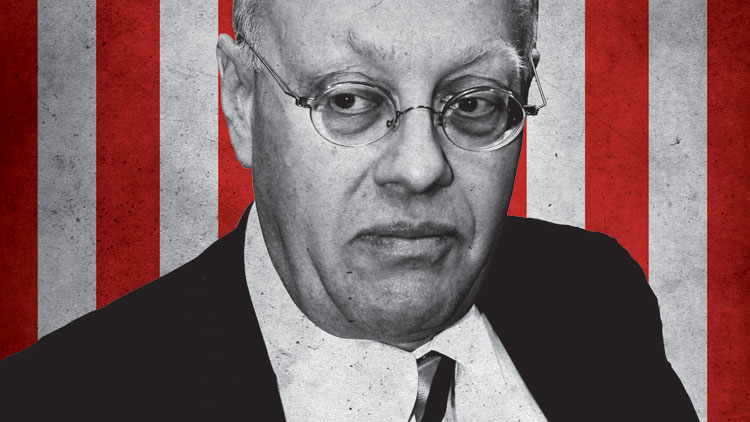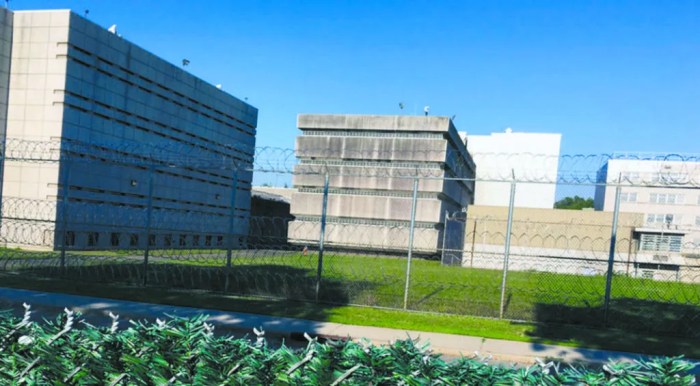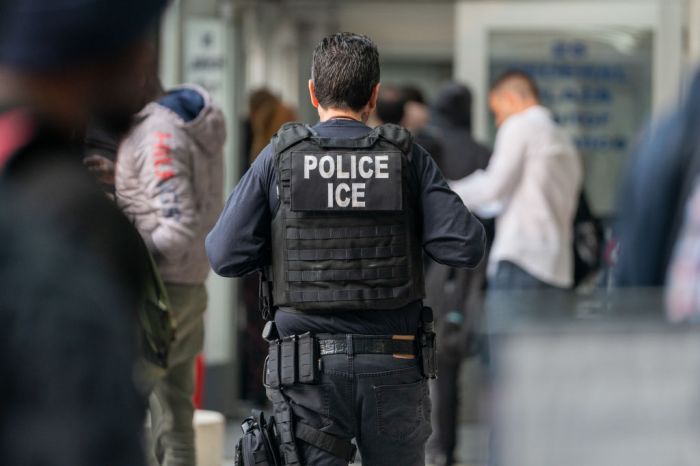The U.S. Second Circuit Court of Appeals sided with the government Wednesday in vacating a permanent injunction sought by several prominent journalists and activists barring the enforcement of a provision of the 2012 National Defense Authorization Act (NDAA), which they claim, legalizes the indefinite detention of American citizens on U.S. soil.
In a 60-page decision, the court ruled against such an injunction—which had previously been granted, and the provision, Section 1021, ruled unconstitutional by a federal judge—additionally arguing that the case’s plaintiffs, which include Pulitzer Prize-winning journalist Chris Hedges, Pentagon Papers whistleblower Daniel Ellsberg and renowned linguist Noam Chomsky, among four others (collectively nicknamed “The Magnificent Seven”), do not have standing.
“We conclude that plaintiffs lack standing to seek preenforcement review of Section 1021 and vacate the permanent injunction,” reads Wednesday’s decision. “The American citizen plaintiffs lack standing because Section 1021 says nothing at all about the President’s authority to detain American citizens. And while Section 1021 does have a real bearing on those who are neither citizens nor lawful resident aliens and who are apprehended abroad, the non-citizen plaintiffs also have failed to establish standing because they have not shown a sufficient threat that the government will detain them under Section 1021. Accordingly, we do not address the merits of plaintiffs’ constitutional claims.”
The Court of Appeals’ ruling was the latest in what has been a long and hard-fought battle waged by the plaintiffs against the NDAA provision. U.S. District Court Judge Katherine Forrest ruled 1021’s language unconstitutional and had issued a permanent injunction on its implementation in September 2012.
“Here, the stakes get no higher: indefinite military detention—potential detention during a war on terrorism that is not expected to end in the foreseeable future, if ever. The Constitution requires specificity—and that specificity is absent from § 1021(b)(2),” wrote Forrest, additionally finding that Section 1021 “appears to be a legislative attempt at an ex post facto ‘fix’: to provide the President (in 2012) with broader detention authority than was provided in the AUMF [Authorization for Use of Military Force] in 2001 and to try to ratify past detentions which may have occurred under an overly-broad interpretation of the AUMF.”
The Obama Administration appealed that decision the following day, resulting in the Second Circuit Court of Appeals issuing a stay on the injunction pending the outcome of the government’s challenge. In February, hundreds packed the oral arguments hearing and rallied outside the Thurgood Marshall U.S. Courthouse in opposition of the provision.
Lead plaintiff Hedges posted his response to Wednesday’s ruling on TruthDig.com, where he’s a columnist:
“This is quite distressing. It means there is no recourse now either within the Executive, Legislative or Judicial branches of government to halt the steady assault on our civil liberties and most basic Constitutional rights. It means that the state can use the military, overturning over two centuries of domestic law, to use troops on the streets to seize U.S. citizens, strip them of due process and hold them indefinitely in military detention centers. States that accrue to themselves this kind of power, history has shown, will use it. We will appeal, but the Supreme Court is not required to hear our appeal. It is a black day for those who care about liberty.”
Unreachable by telephone Wednesday, plaintiffs’ attorney Bruce Afran insisted to the Press the viability of his clients’ standing in February.
“The journalists are in fact directly within the scope of the law,” he contended. “The journalists are harmed or brought within the statute.”



































